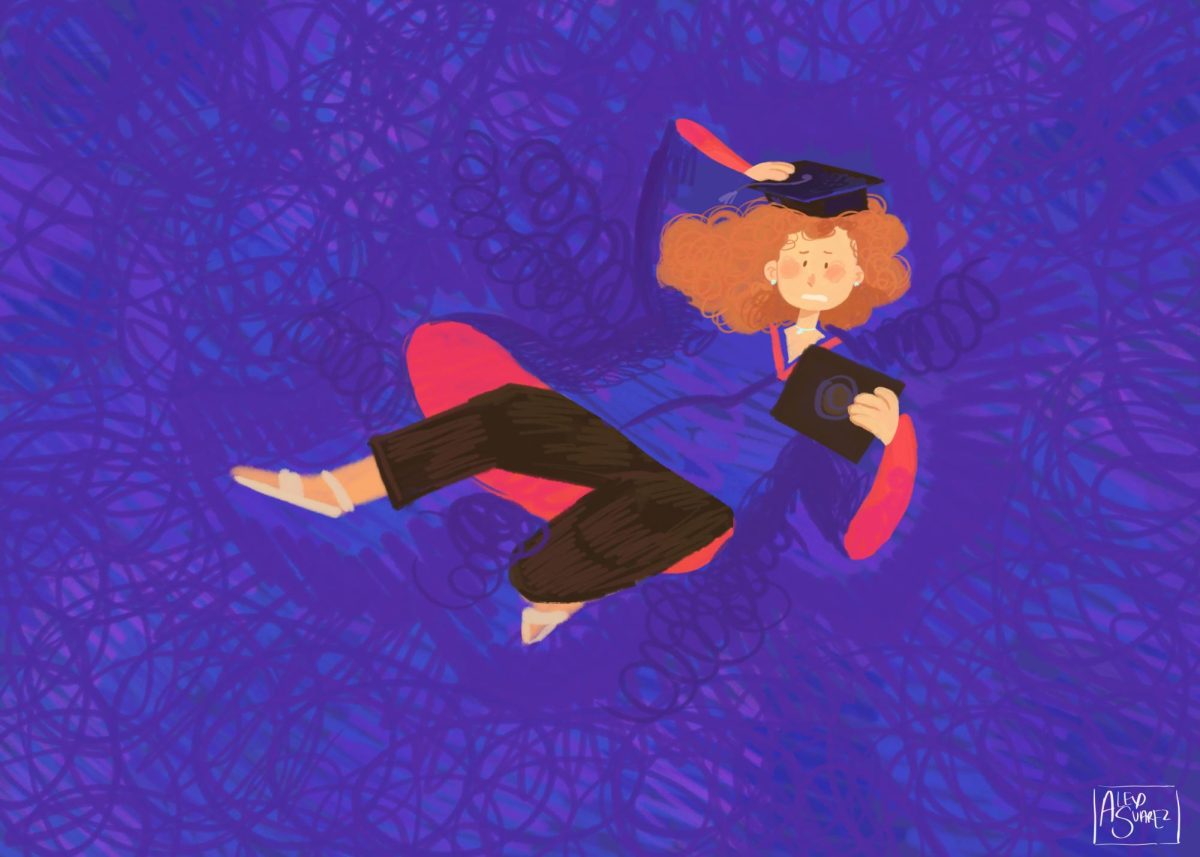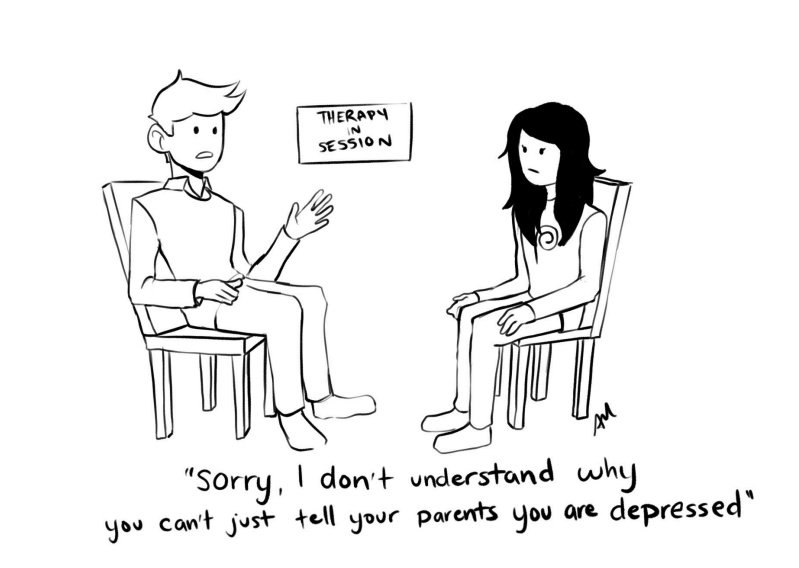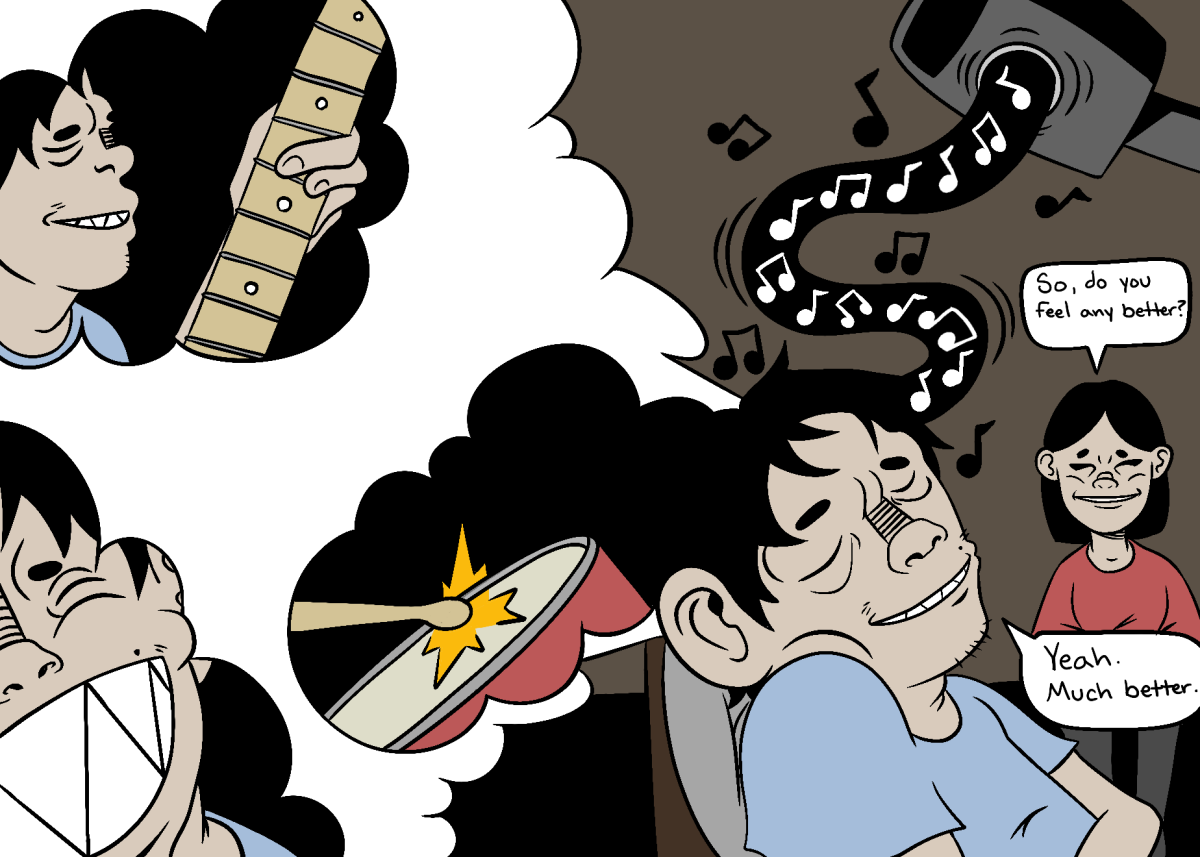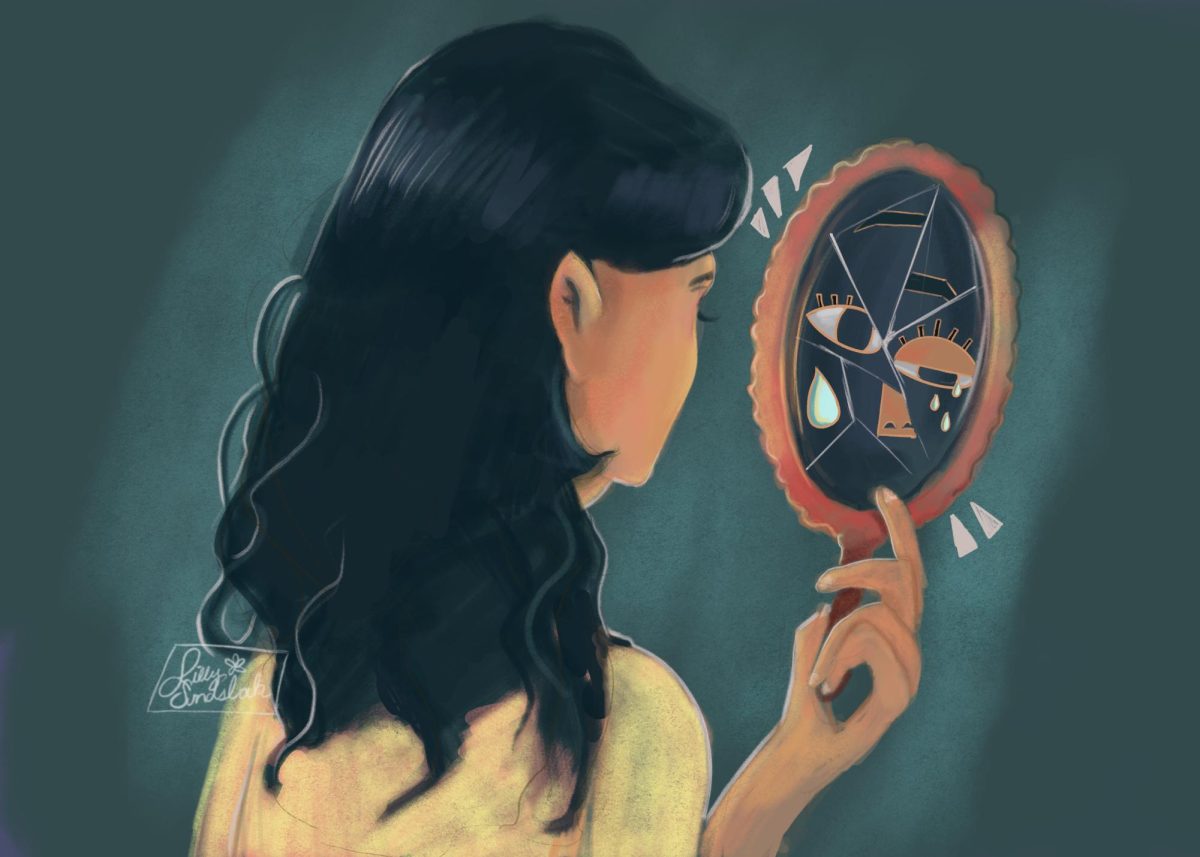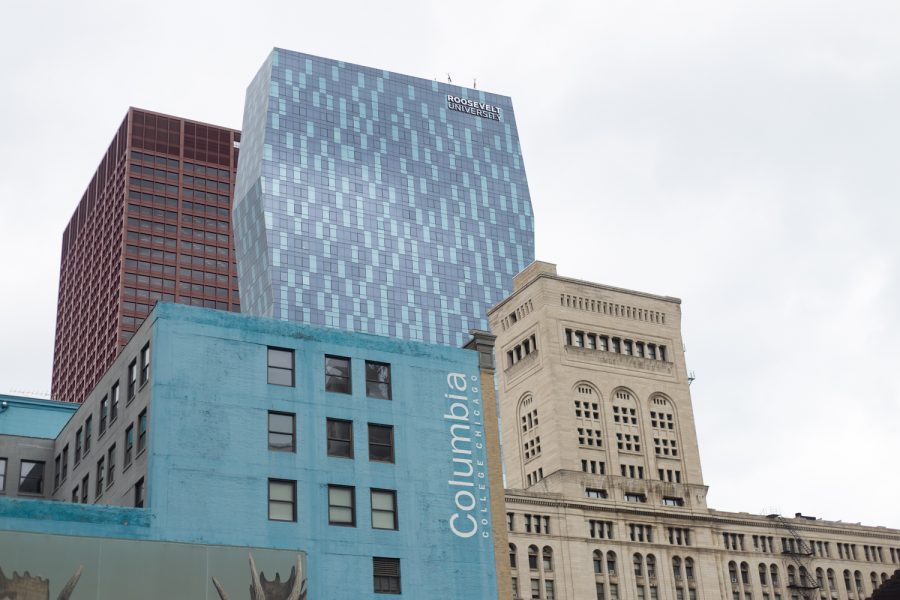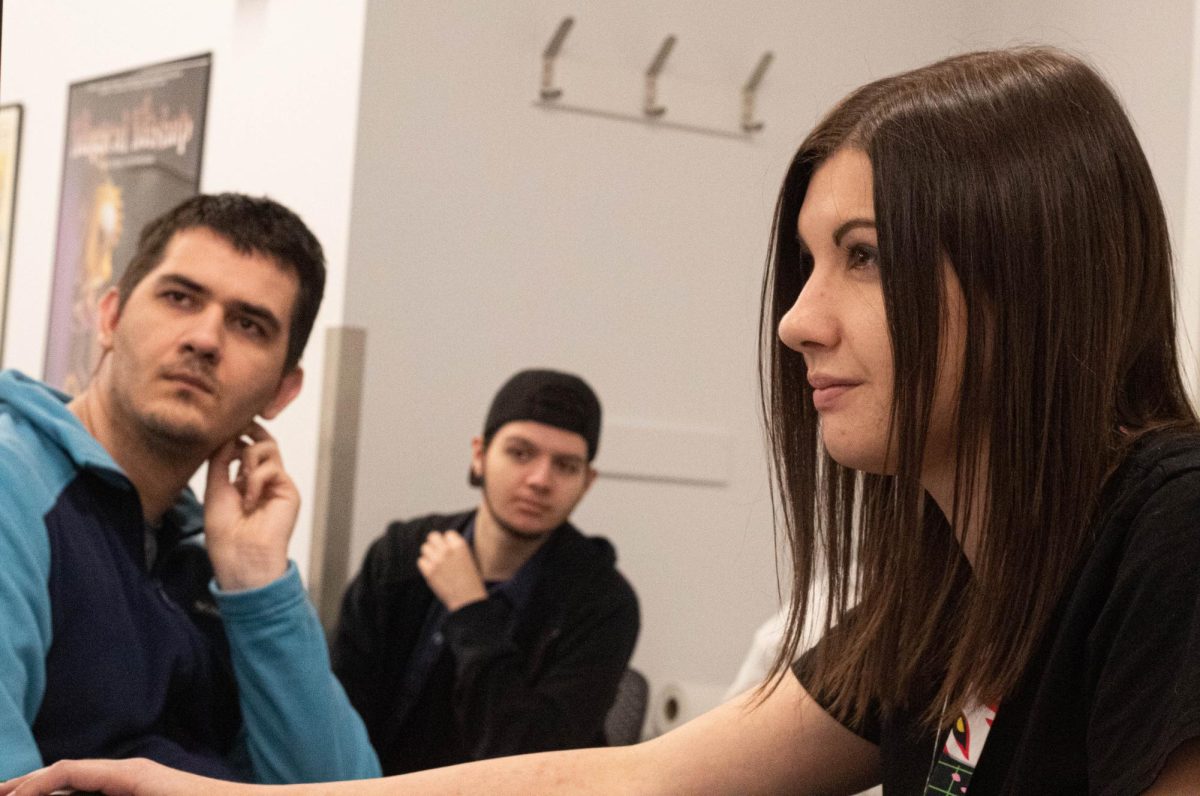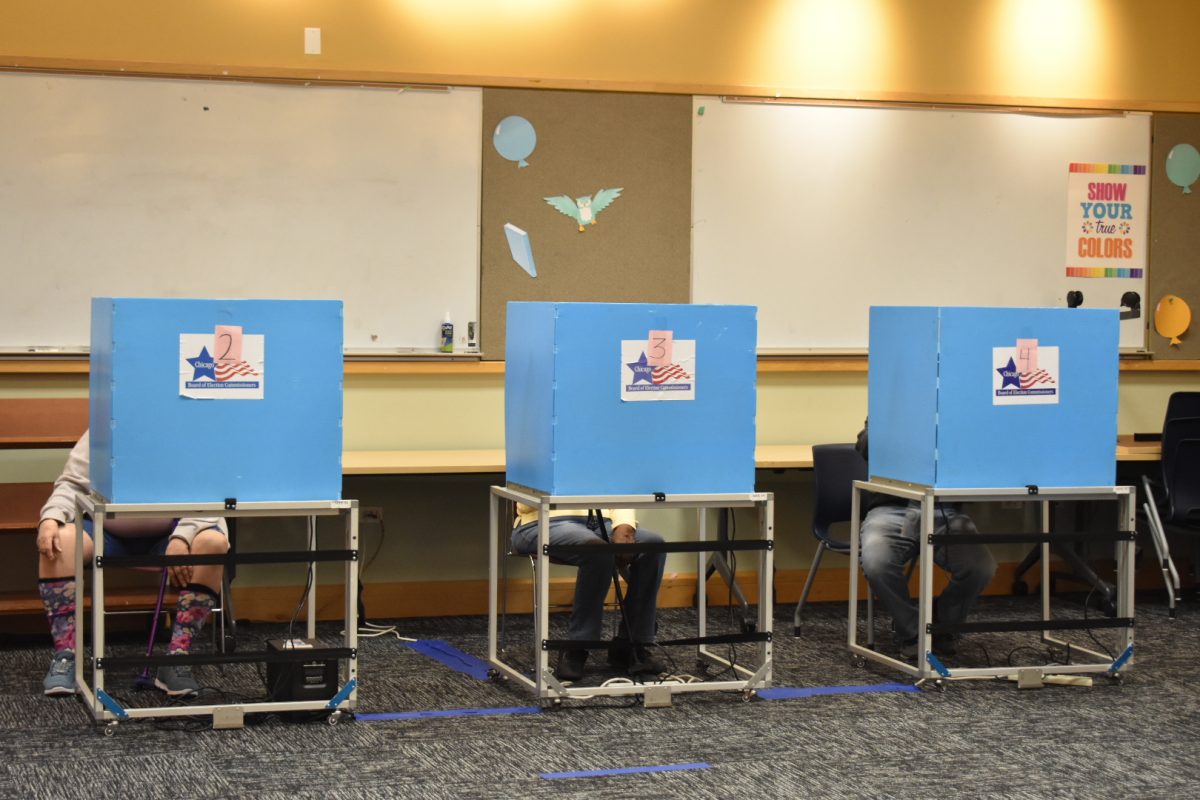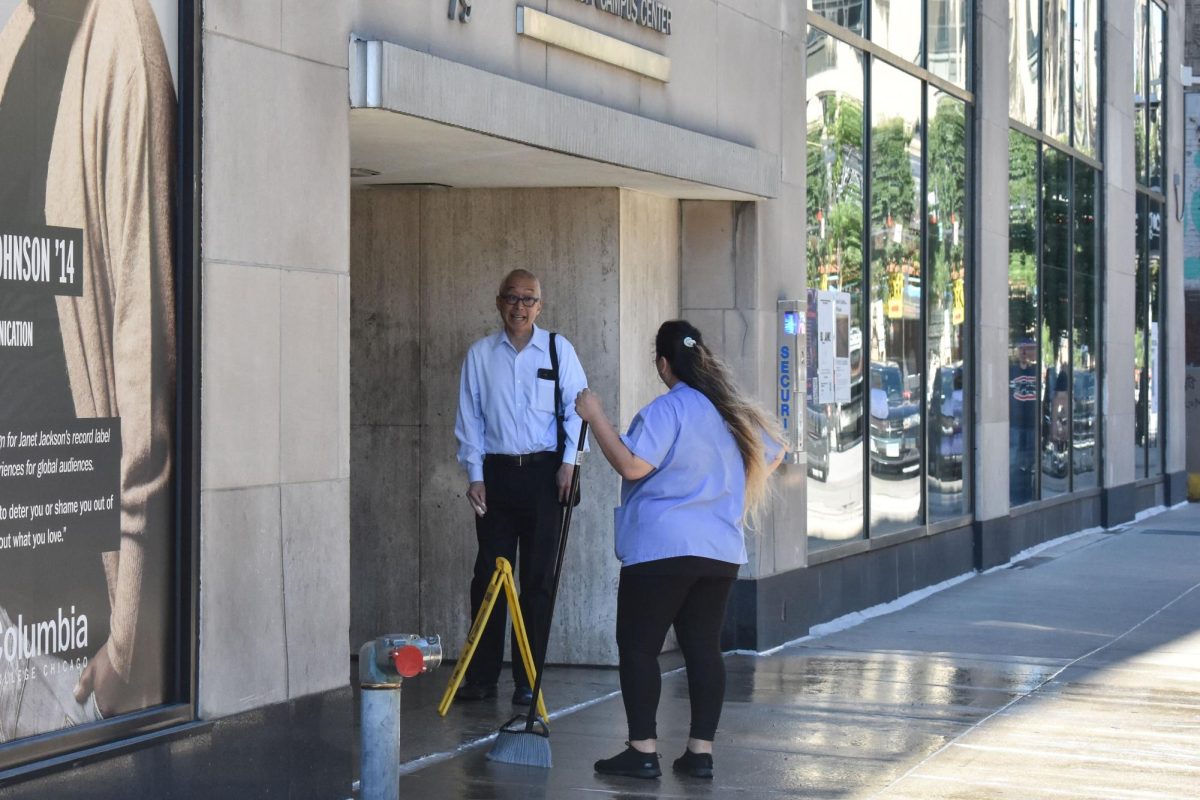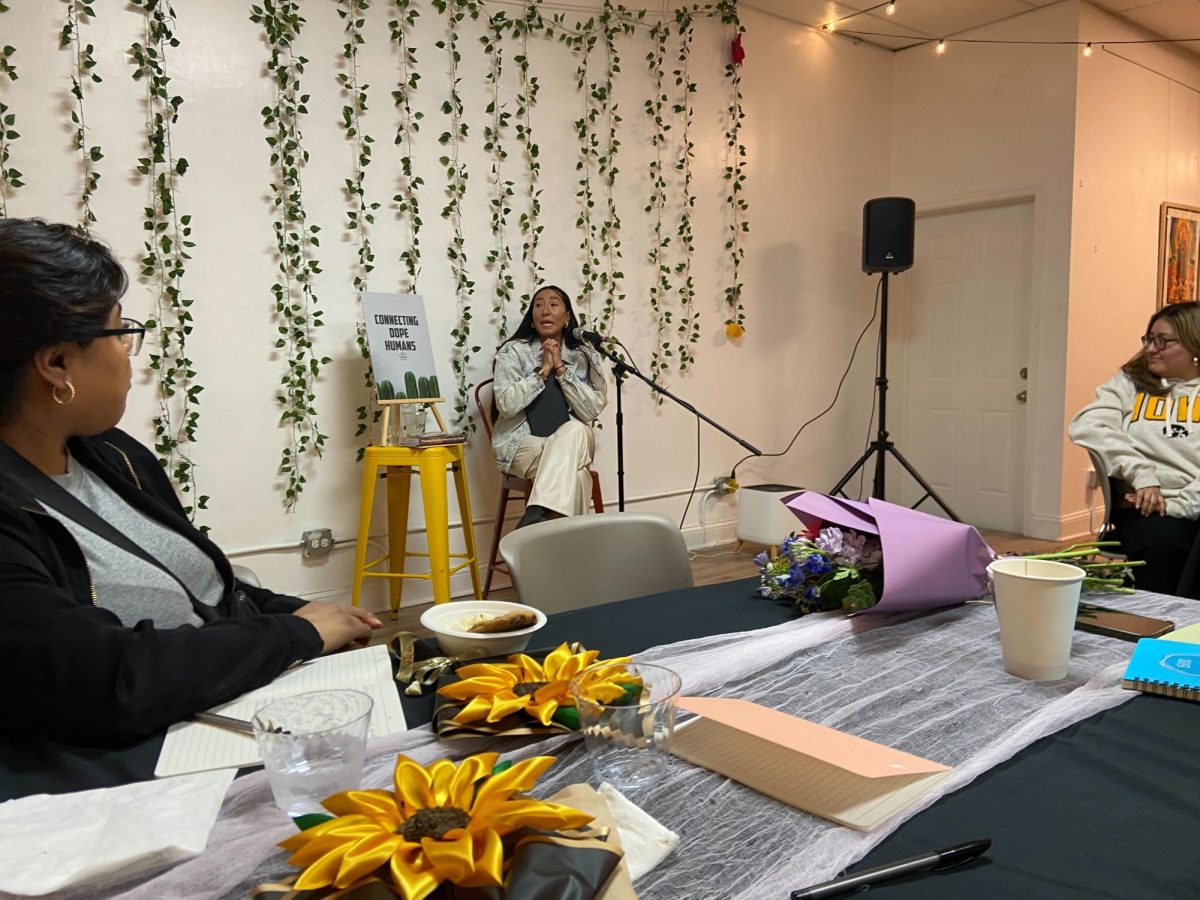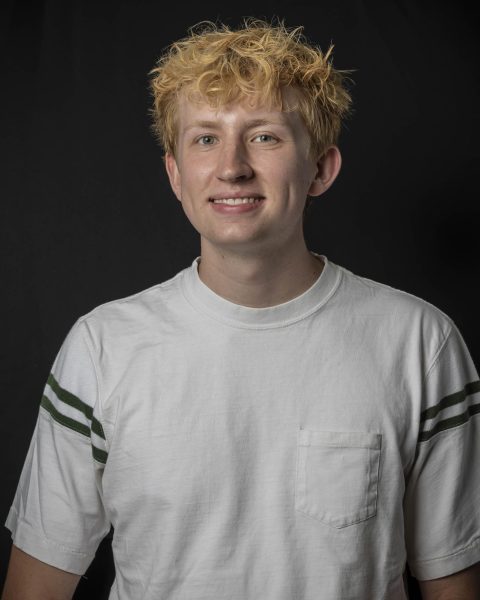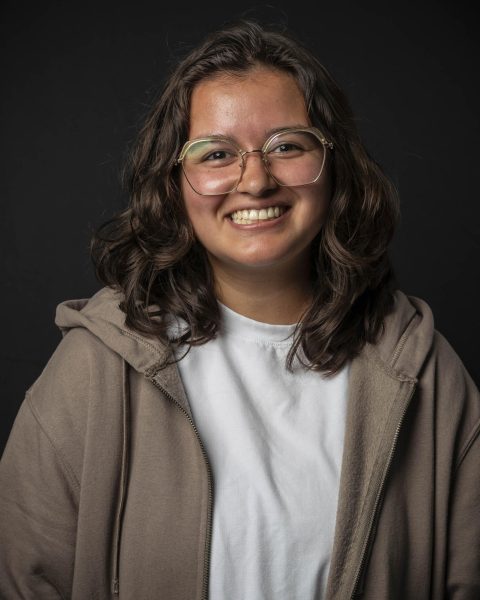MENTAL HEALTH ISSUE
Senior year can be a defining moment for both high school and college students as they celebrate accomplishments and look ahead to what comes next. But amid a cycle of unforeseen disruptions since 2020, the past year has had a déjà vu vibe for some seniors getting ready to graduate from Columbia.
Hannah Dormady, a senior fashion studies major, graduated high school in 2020 during the peak of pandemic restrictions. During her senior year of college, she faced a similar situation during the historic part-time faculty strike, which impacted three of her five classes in the fall semester.
Similarly to how she dealt with the unclear path through COVID-19, Dormady said she adopted a “day-by-day” approach to getting through the semester.
“We didn’t really know what to think for a long time, which kind of felt the same as COVID because, again, you were just kind of going into it blind,” she said. “I just felt like I was trying to do anything to safeguard my education and trying to make sure I was getting my money’s worth being here.”
A recent study by Chicago-based psychologists and doctors found that learning disruptions increased stress and anxiety in college students.
“The constant fear, online presence, the enormous volume of information consumed, endless searches and associated behaviors amplified anxiety and stress and were a reason for the rise in anxiety,” the researchers found.
They acknowledged that academic stress is already a part of a typical student learning cycle, which was only heightened by the disruptions.
Senior film major Javon White entered the college during the Fall 2019 semester and experienced the COVID-19 disruptions during his first year. During last semester’s strike, three of his five classes were disrupted. White is currently retaking one of them.
Despite the recurring disruptions during his path toward graduation, White said he did his best to make peace with the uncertainty.
“There’s always going to be, maybe, some type of outside circumstance you can’t control,” White said. “The best thing to do is just try your best to navigate through that; do what you do best. In this case, for me, it was still pursuing my film career, not quitting even though that pressure was there.”
Lia Navarro, a senior audio arts major and animation minor, who graduated high school in 2021, said the learning loss during the pandemic made her feel like she was missing out.
“I just felt like it wasn’t real,” Navarro said. “I wasn’t learning as much as I could being in person.”
Navarro said during the part-time faculty strike, which impacted three of her five classes, she questioned the future of her semester.
“As a student, I felt like it was kind of just scary because it’s like you don’t know what to expect. It did feel a lot like COVID again,” she said. “First two weeks, I felt like ‘Okay this is not that bad,’ but when we started going into further weeks, I was just confused and worried” about what would happen.
Director of Student Relations Tiana Hill works to connect students with various resources both internally at the college and externally in the Chicago area. She provides students with initial mental health services before referring them out to longer-term services, assists with housing insecurity and creates plans for students to stay on track during their time at the college.
Hill said she works with students on stress and anxiety-related issues, which often relates to their “locus of control,” which she described as considering what one does have control over in times of uncertainty.
During a time like the strike, some students may have felt unsure of what they could do to preserve their academic progress and mental health. Hill said understanding that uncertainty doesn’t last forever is important.
“Everything is temporary, it may seem real hard at the moment,” Hill said. “Eventually the wave will change and be different.”
For seniors who may already be experiencing the “what ifs” of life after graduation, added uncertainty during the school year could make for an overwhelming amount of change. Hill said she hopes students understand that the college has resources available for those who want or need them.
“You do not have to sit in this alone, [there’s] help out here,” she said. “Whether you go to a professor, you go to our office, you go to counseling services.”
After this repeated nature of learning loss and academic disruptions, students such as White have made an effort to remind themselves of his aspirations as a way to navigate through the uncertainty.
“I realize I’m still young, I’m still pursuing my career no matter what happens. Of course, there are going to be setbacks and losses and I would consider the strike and COVID very big setbacks and losses,” White said. “But at the end of the day, I have to remember what I’m doing this for and everything I’ve done thus far throughout all that.”
Copy Edited by Myranda Diaz.
Resumen en Español
Los graduados de Columbia sintieron el impacto de las repetidas interrupciones durante su tiempo en la universidad. Primero con los confinamientos por COVID-19 y más tarde con la huelga histórica de la facultad a tiempo parcial, en Columbia. Aunque el último año puede ser un momento decisivo para los universitarios, un ciclo de interrupciones imprevistas desde 2020, el año pasado, ha causado un ambiente de déjà vu para los que esperan graduarse de Columbia.
Un estudio reciente realizado por psicólogos y médicos basados en Chicago encontró que las interrupciones del aprendizaje aumentan el estrés y la ansiedad en los estudiantes universitarios.
Resumen en Español por Andres Guerra


